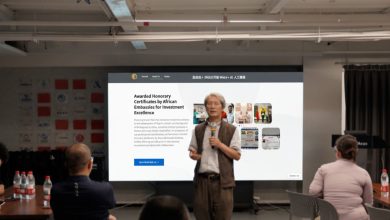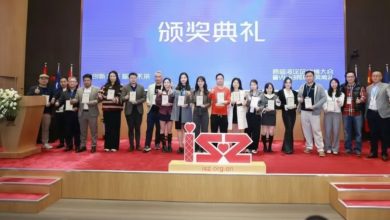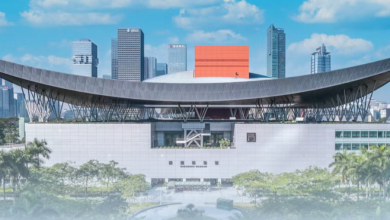
Shenzhen Announces New Housing Voucher System and Tightens Control Over New Urban Renewal Projects
On March 26, 2025, the Shenzhen Municipal Housing and Construction Bureau officially issued the Opinions on Regulating the Implementation of Urban Renewal Projects (hereinafter referred to as the “Opinions”), marking a significant shift in the city’s approach to urban development. One of the key features of the new policy is the introduction of a housing voucher system, designed to streamline housing allocation and improve efficiency in redevelopment projects. Additionally, the policy places strict controls on the approval of new urban renewal unit plans.
The Opinions will take effect on April 9, 2025, and remain valid for three years. Under this new framework, Shenzhen will cautiously limit the addition of new urban renewal units, with exceptions made only for projects converting industrial land into general industrial use or those primarily focused on the construction of affordable housing.
This policy responds to a range of challenges facing Shenzhen’s existing urban renewal efforts. Many ongoing projects have struggled due to regulatory bottlenecks, inefficient land use, and financing difficulties. The Opinions aim to address these issues by refining the current legal and policy framework under the Shenzhen Special Economic Zone Urban Renewal Regulations.
Key improvements include better coordination in planning, optimized land use strategies, enhanced land management, preferential tax policies, improved financing mechanisms, and measures to increase overall project efficiency. These updates are intended to accelerate the implementation of delayed or stagnant redevelopment projects, particularly those involving demolition and reconstruction.
The introduction of the housing voucher system is expected to change how housing resources are allocated within redevelopment projects. By offering vouchers instead of direct resettlement housing, the city hopes to provide residents with more flexibility and reduce the administrative burden on developers.
Overall, this new policy marks a strategic shift in Shenzhen’s urban renewal efforts—from rapid expansion to targeted, efficient, and sustainable growth. By emphasizing prudent planning and a people-oriented approach, Shenzhen aims to ensure that urban renewal benefits both the city’s development and its residents’ quality of life.
As one of China’s most rapidly growing metropolises, Shenzhen’s experience may also serve as a model for other cities seeking to balance urban renewal with livability and long-term planning.





